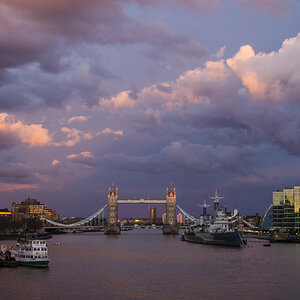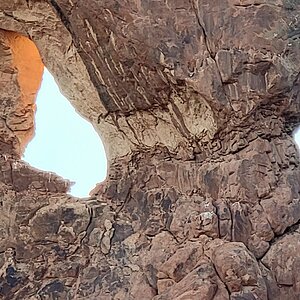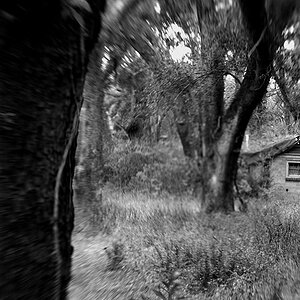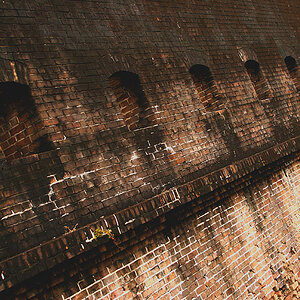cbgold
TPF Noob!
- Joined
- Jan 16, 2012
- Messages
- 3
- Reaction score
- 0
- Can others edit my Photos
- Photos OK to edit
Just got my first DSLR, a Nikon D 7500. Inherited Nikon 17 to 35, 10 to 24, and 70 to 300 lenses which although old still work beautifully. I’d like to get/run either Elements or Lightroom but need a new laptop. Haven’t bought a computer in over 5 years. Been living off my phone. So my question is what kind of specs, hard drive size etc. should I be looking for? Not just the minimums but realistic. Mac or Windows? This will just be for my new photography hobby, no gaming or anything like that. Thanks for your help.



![[No title]](/data/xfmg/thumbnail/39/39442-c7791194bfea1b4d6bd382b004fb8488.jpg?1619739033)






![[No title]](/data/xfmg/thumbnail/42/42055-105f2ee23a1fd79c786de42c5578274b.jpg?1619739992)


